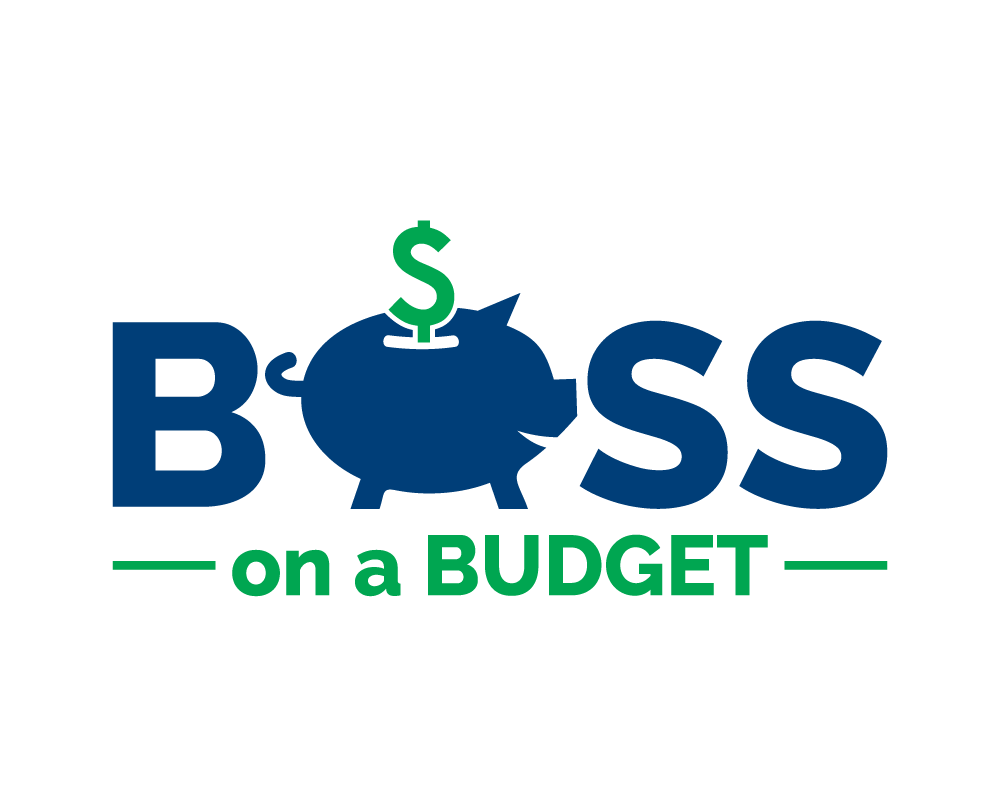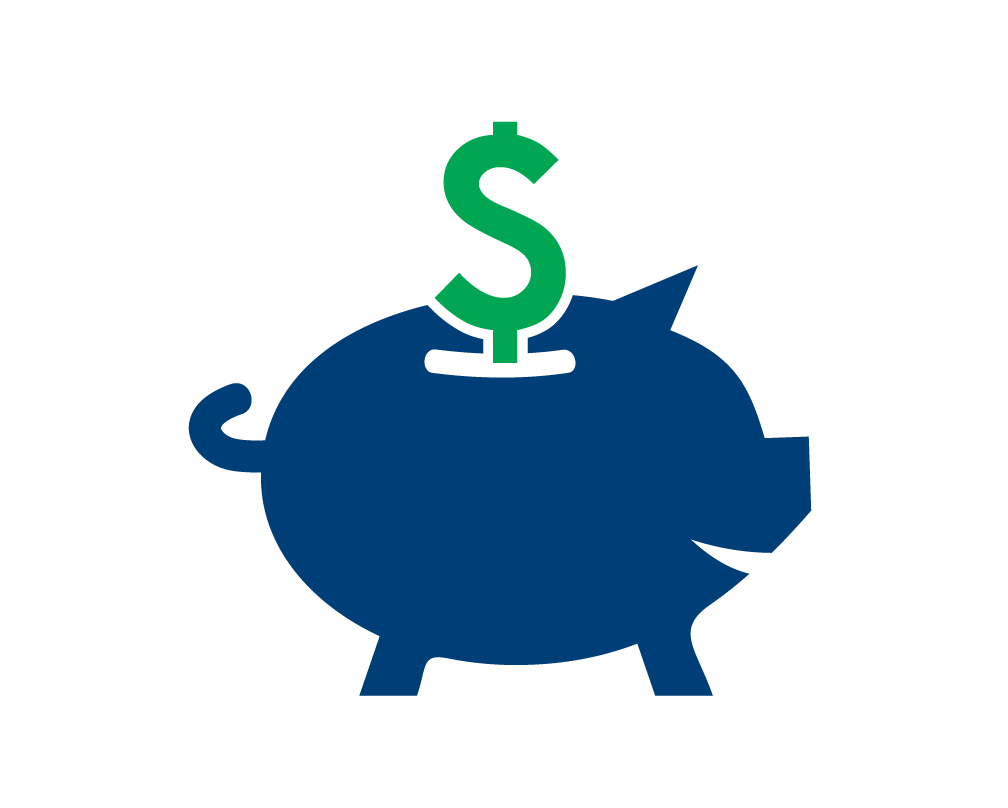Should You Hire a Grant Writer?
Grant writing is one of those professions that you sort of fall into. Most grant writing masters earned their stripes from many long nights, thousands of cups of coffee and plenty of hectic days submitting proposals at the last second. They didn’t start out learning the ropes from books; they sharpened their skills by being rejected, wiping the dust off their feet, and pursuing the next opportunity before them.
From the outside world, it may appear that there is some magic skill you need to make funders fall at your feet. Yet, you may be surprised at what it really takes to win grants. In most cases, the reason you win a grant is not because of the person who writes it. Don’t get me wrong, there is definitely a method to winning grant proposals that the average person is unaware of. There are items to prioritize and there are rules you have to follow. But those things can be learned and expanded upon with time and guidance.
For help writing your first grant proposal, download my grant writing workbook:
No, you don’t need a grant writer
So the million dollar question is, do you really need a grant writer? If it was up to me, the answer would be “no…..but”. Why? Because you are the expert and can speak the most passionately and accurately about the work that you’re doing. You hold the institutional knowledge that can be translated into narrative to knock the socks off your funder. A grant writer can translate that knowledge for you, but they cannot do it without you. Hiring a grant writer requires a strong partnership between your staff and the writer to ensure that the true essence of the program is captured. You cannot expect them to take minimal input from you and run with it. You have to be actively involved in finding funders and applying for grants. Since you have to be that much involved in the process anyway, you might as well learn how to do it yourself!
You also have to remember: winning a grant requires more than writing a good proposal. The other piece of the puzzle is how well you build and cultivate relationships with your community stakeholders and your funders. Funders want to see how well you do the work, not just how well you write about the work you do. Your odds of winning can be greatly influenced by your organization’s footprint and impact in the community, something the grant writer has no control over. Nonprofits make the mistake of ignoring how important their credibility and programmatic success influences funder’s decisions. If you blame grant rejections on the grant writer alone, then you are clueless about how the system works.
But, what if you still want to hire someone?
The “but” in my answer is this: if you understand that a grant writer is not meant to replace any of your work, but to enhance your work, then yes, you are in a good place to hire a grant writer. A good consultant will guide you through the process but allow you and your staff to have ownership over the process so that you don’t feel disconnected from the true meaning of the work. Only move forward with a grant writer when your organization is clear on the basics-your mission, the need you’re addressing (your “why”), and your program’s goals and objectives. If you haven’t worked that out as an organization, invest the time into getting that down on paper and THEN hire outside help. Also, spend your first year getting your program’s kinks ironed out and establishing your organization first. The likelihood of winning grants is very low in your first year, so you will waste your money if you hire someone when you first start out.
If you decide to hire a grant writer, make sure that the scope of work is clear and you have mutually agreed upon terms before you start any work. Outline expectations early on so that there are no surprises along the way. Keep the items below in mind on your quest to find a grant writer:
What a grant writer SHOULD do for you
Organize the process
Have you ever read a request for proposals (RFP) from the federal government? It can make for lovely Sunday afternoon reading (insert sarcasm here). The application process for every funder is different with varying requirements. Some are comprehensive, like the federal government, and some are fairly straightforward. Reading through the fine print takes time and attention to detail. You’ll need someone to gather all the necessary documents requested in the RFP and check against the requirements to make sure you didn’t miss anything. Your grant writer should assign duties with deadlines for all proposal sections, and take care of the submission process for you. They can also address any questions or conduct any follow-up with the funder, if necessary.
Liven up your narrative
Funders need to have a thorough understanding of the project to best evaluate if it is worthy to be funded. Grant proposals shine when they are able to connect what you do with your “why”, accompanied by a compelling story. However, when you are close to the work, it can be difficult to be compelling and particularly creative with your words. Program staff tend to be matter-of-fact when describing the work that they do. Have you ever noticed how a fresh set of eyes can breathe life into text? Allow your grant writer to use your words and up your game. Provide them with the meat and they can provide the garnish. You hold the substantive knowledge, but they should have the skill to wordsmith and create urgency, intrigue and interest in your proposal.
Help with grant prospecting and search
Grant opportunities will not fall into your lap. You have to find what funding best fits your organization. There are billions of dollars that are funded to nonprofits each year, but you have to be assertive in obtaining those funds. I liken grant prospecting to low-key stalking. You have to learn the patterns, interest, and the people associated with your funder. That’s not easy or quick work. It takes time to dig up contacts, research a funder to see if they will be a good fit, and to gather data to help with a prospecting strategy. Grant writers can develop a database which lists potential funders, their funding areas, previous grantees, average amount funded, and application requirements, among other things. They can standardize data collection on funders to help you determine which grants to pursue for the year.
What a grant writer SHOULDN’T do for you
Interface with funders
Your staff and Board members should be primarily responsible for making connections with potential partners and funders. You want persons representing the organization who are invested (not just on a short-term basis like a contracted grant writer). You want to build and maintain relationships with funders, so the last thing you want to do is set them up with a meeting with a person who may not be working with your organization in the next year. It is ok for grant writers to attend grant Q&A sessions to get feedback on specific funding opportunities, but there should also be a representative from the organization there to accompany them. Allowing your staff to interface with funders also builds their confidence in soliciting funding. Give staff and board members the responsibility of calling funders, setting up breakfast or lunch meetings, and joining committees and community boards to expand your networks. Whenever they are in the community, staff and Board members should always be prepared to speak on behalf of the organization.
Develop your budget
The budgeting process is a strategic planning tool that should be designated for leadership. Developing a budget requires specific operating knowledge that an outside consultant should not have access to. If you are running a program, then you are the expert in staffing needs, materials and expenses, and program oversight. There is no wiggle room when you prepare a budget. What you request in your grant application is what you will get (or potentially less if enough funds are not available). That’s why you cannot afford to guess with this process. Use real data on staff time and program expenses to forecast how much it will cost to run the program. The last thing you want to do is low ball an offer and bankrupt your program because you underestimated the time and money it would cost to run your program. Your grant writer cannot and should not be responsible for charting those costs for you. They should be involved in the final review to make sure that your budget justifications align with the proposal narrative, but budget development should be your responsibility.
Write one-off grants
To maximize the use of a grant writing consultant, be sure you have the opportunities available to use them consistently. The more you write grant proposals, the more likely you will win. However, if your organization is not ready to support a person to submit proposals regularly, you may want to reconsider. It is very tempting to bring someone in when you feel that their skills can help you win that one grant that will catapult your nonprofit to success. The reality is, you will spend a lot of time getting that person up to speed, just for one grant. Instead, you should look at grant funding as a long-term goal and budget for outside help accordingly.
What are some qualities you look for in a grant writer? Share your thoughts in the comments section!



